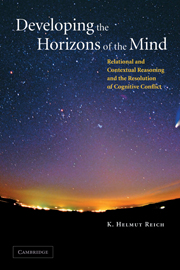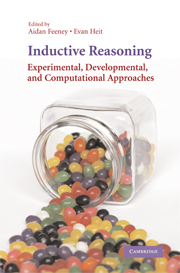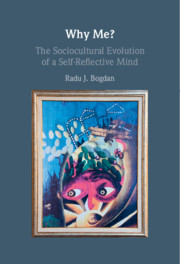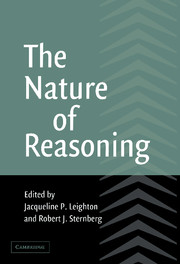Developing the Horizons of the Mind
This book is about Relational and Contextual Reasoning (RCR), a new theory of the human mind that addresses key areas of human conflict, such as the ideological conflict between nations, in close relationships and between science and religion. K. Helmut Reich provides a clear and accessible introduction to the RCR way of thinking that encourages an inclusive rather than oppositional approach to conflict and problem-solving.
- Comprehensive presentation of a potentially helpful form of thought
- Extensive discussion of different types of logic
- Equal weight given to theory, supporting empirical data and applications to various issues
Reviews & endorsements
"...an important contribution indicative of the need for corrective education in matters pertaining to complex thinking about serious social issues."
--Journal of Interdisciplinary Studies
Product details
June 2010Paperback
9780521521079
238 pages
229 × 152 × 14 mm
0.36kg
Available
Table of Contents
- List of figures, List of tables, Acknowledgements
- Introduction
- Part I. The Theory of Relational and Contextual Reasoning (RCR) and its Empirical Study:
- 1. Introduction
- 2. Development of RCR
- 3. Metaphysical assumptions and theory of RCR
- 4. Empirical studies of RCR
- 5. Other thought forms and matching them to the problem at hand
- Part II. Applications of RCR:
- 6. Methodology
- 7. Religion
- 8. The archaeology of RCR
- 9. Psychology
- 10. Education
- 11. Social issues
- 12. Conclusions
- Appendices
- References
- Index.





